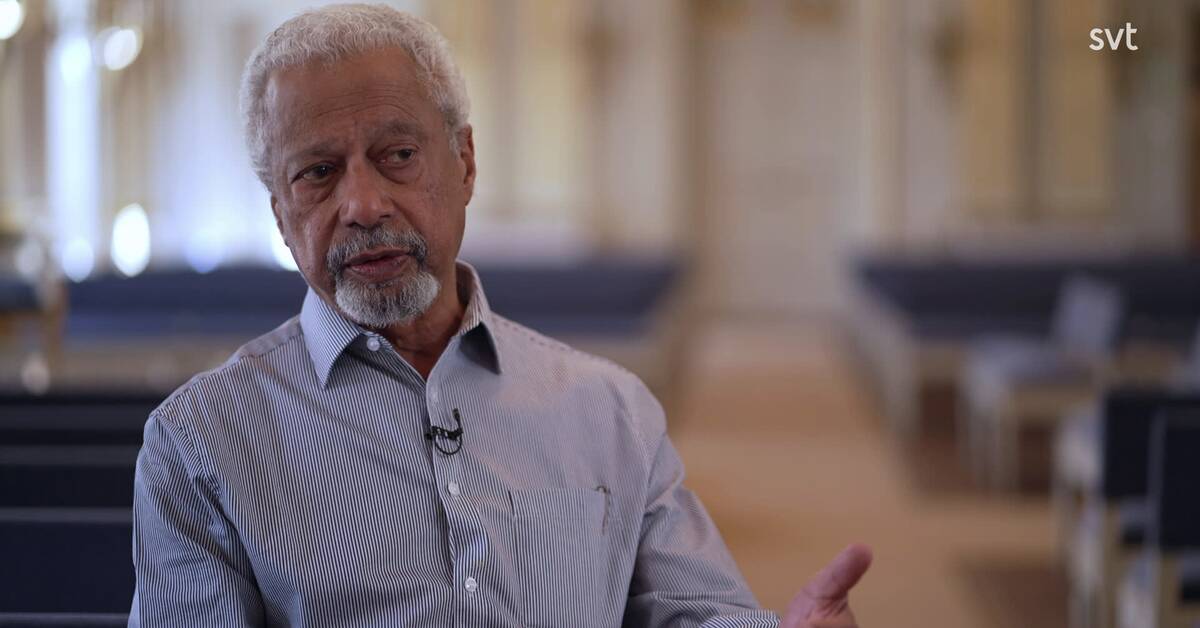The Nobel Prize in Literature has turned the author Abdulrazak Gurnah's otherwise calm existence upside down.
- A lot has changed with the price: Nothing is being written at all right now.
It all depends on, let's say, the consequences of the price, he says.
It was when Abdulrazak Gurnah came to Britain in the 1960s that he began writing, following his escape from the revolutionary Zanzibar in East Africa.
Writes about migration
There have been ten novels since then, all with migration and colonialism as the theme.
Because, as he says, most nations want to forget the less flattering parts of their history.
- Writing about these issues is important, it is a way of saying: This is perhaps something you should know.
My novel "Afterlife" is about the war in East Africa, which was reduced in history to a minor incident, which it was not.
So it is important to return to such events and remind people of them.
Forcibly recruited to war
The latest book "Afterlife" takes place at the beginning of the last century and is about Hamza who is forced to become a soldier in Germany's bloody war of conquest in Tanzania.
Like many of the characters in Gurnah's writing, Hamza has lost his home and the connection to the place he came from.
- I admire how people come from miserable living conditions.
But migrants do not come empty-handed, many come out of necessity, but they also possess skills and enthusiasm.
And if they only get the chance, they can contribute to the same degree as others.
Do you see yourself as a political writer?
- I have a political awareness, and a desire for injustice to end.
To that extent, I am political.
IN THE CLIP: Hear Abdulrazak Gurnah on Europe's attitude towards refugees from Ukraine.

